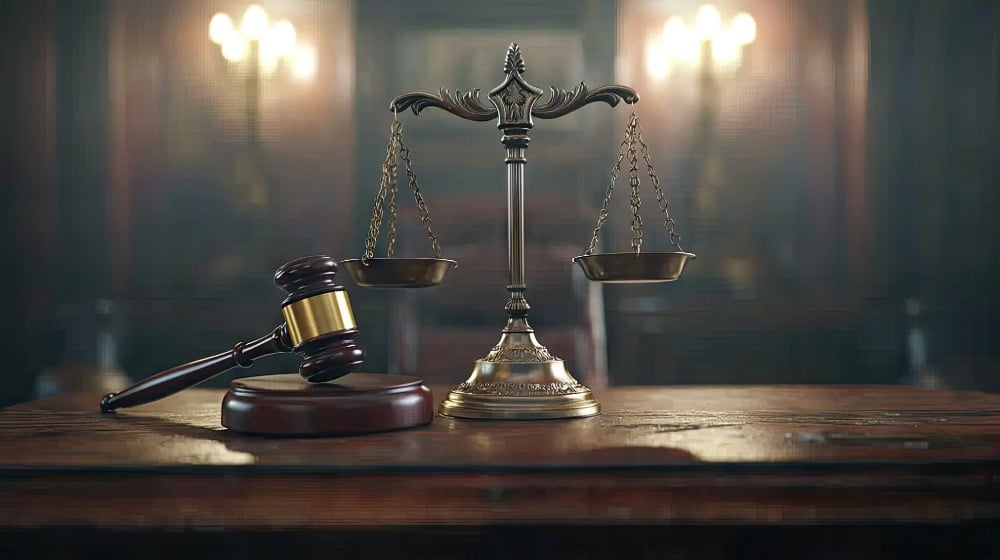Lawyers for drug trafficking charges across Southern Maine
Drug trafficking charges in Maine are among the most serious drug offenses, carrying severe penalties that can include lengthy prison sentences, substantial fines, and a lasting criminal record. Prosecutors aggressively pursue these cases, often using extensive investigations and law enforcement tactics to secure convictions.
If you are facing a drug trafficking charge, you need a strong legal defense to challenge the evidence, question police procedures, and protect your rights.
At The Maine Criminal Defense Group, our experienced attorneys understand the complexities of Maine’s drug laws and will fight tirelessly to secure the best possible outcome for your case.
Call 207-571-8146 or contact us online to schedule a consult with one of our highly skilled criminal defense & OUI lawyers, serving Southern Maine, today.
Table of Contents
Drug trafficking defined in Maine
In Maine, drug trafficking is considered the intentional possession of a scheduled drug(s) in a manner that suggests trafficking, according to the Maine criminal code. Scheduled drugs are categorized into different schedules, with Schedule W containing the most dangerous drugs. For instance, possession of over a pound of marijuana is indicative of unlawful trafficking in scheduled drugs.
Controlled substances
A “controlled substance” is a drug that the government regulates. Maine puts these drugs into four categories, which it calls Schedules.
- Schedule W – Schedule W is where the most serious drugs are found. Schedule W includes dangerous, highly addictive, drugs that have little to no medicinal purpose, like cocaine and heroin.
- Schedule X – Schedule X includes addictive drugs and other hallucinogens that pose less of a threat, or have a higher medicinal value than Schedule W drugs. The types of drugs included in Schedule X are, for example, peyote, ketamine, and other hallucinogenic substances that come from plants or mushrooms.
- The substances listed in Schedule Y include predominantly prescription drugs. These drugs have high medicinal value, but can also be very addictive, and therefore easily abused. Included in Schedule Y are drugs like codeine and valium.
- Schedule Z – Schedule Z is a catch-all category and includes all other prescription and non-prescription drugs not included in the other three Schedules. Marijuana is among the drugs listed in Schedule Z.
For a more complete listing of the drugs classifications listed in each one of Maine’s Schedules, you can read more in this post in our blog.
“Trafficking” controlled substances
Now that we have a firm grasp on what kinds of drugs are illegal to traffic, we can delve into what it means to actually do the trafficking.
While it might seem that “trafficking” drugs would mean the act of selling them, in reality, it means much, much more. Maine’s definition of “trafficking” drugs encompasses not only selling drugs, but also giving them away or trading them, moving or possessing of drugs in order to sell them, give them, or trade them, as well as the act of growing, creating, or cultivating them.
Maine’s definition of “drug trafficking” even includes simply possessing over a certain amount of specific drugs. Because of the wide range of activities that falls within Maine’s definition of “trafficking drugs,” it can be surprisingly easy to find yourself caught in its nasty web of drug charges.
Call 207-571-8146 or contact us online to schedule a consult with one of our highly skilled criminal defense & OUI lawyers, serving Southern Maine, today.
What is the typical sentence for drug trafficking in Maine? (Video)
Penalties for drug trafficking in Maine
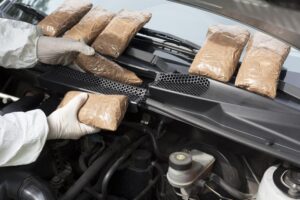
Trafficking in a Schedule X drug or possessing between one and 20 pounds of marijuana or growing between 100 and 500 marijuana plants is considered a Class C felony.
Possessing Schedule Y or Schedule Z drugs is considered a Class D misdemeanor.
Generally, the penalties for drug trafficking that you could face, if convicted, depend on what type of drug you were found with.
| Class of Crime | Fines | Jail Time | |
| Schedule W | Class B felony | Up to $20,000 | Up to 10 years |
| Schedule X | Class C felony | Up to $5,000 | Up to 5 years |
| Schedule Y | Class D misdemeanor | Up to $2,000 | Up to 364 days |
| Schedule Z | Class D misdemeanor | Up to $1,000 | Up to 6 months |
However, Maine’s drug trafficking laws don’t stop there. They also create a series of “presumptive trafficking” situations. These allow law enforcement to presume that you were trafficking, simply because of what kinds of drugs you possess, or how much of them you possess. When it comes to marijuana, simply possessing large amounts or a lot of plants can lead to trafficking charges, regardless of what you intended to do with what you have:
| Class of Crime | Fines | Jail Time | |
| 20lbs or more of marijuana, or 500 or more marijuana plants | Class B felony | Up to $20,000 | Up to 10 years |
| 1lb or more of marijuana, or 100 or more marijuana plants | Class C felony | Up to $5,000 | Up to 5 years |
With regard to other drugs, the same principle applies: Maine’s drug trafficking laws say that simply possessing over a set amount lets prosecutors pursue drug trafficking charges, regardless of what you were going to do with the drugs. These other drugs, and the set amount that lets prosecutors do this are:
- 14 grams or more of powder cocaine or methamphetamine,
- 4 grams or more of crack cocaine,
- 90 or more pills containing any narcotic drug,
- Pills containing 800 or more milligrams of oxycodone,
- Pills containing 100 or more milligrams of hydromorphone,
- 30 or more pills of MDMA or similar drugs.
Again, it doesn’t matter what you intend on doing with these drugs. Simply having them is enough to get charged with drug trafficking, in Maine.
Moreover, these are just the state laws regarding drug trafficking. The federal government also has the ability to regulate drug trafficking, as well. If federal prosecutors want to, they can pick up state cases in Maine and tack on federal criminal charges, as well. These can increase the penalties that you could be facing.
How a Maine attorney can help fight drug trafficking charges
As always, the first thing to remember is that the prosecutor carries the burden of proof and that they have to meet this burden beyond a reasonable doubt. This means that the jury in a trial cannot have a reasonable doubt that the prosecutor has successfully shown that all of the elements of a drug trafficking charge have been met. And there are a lot of these elements for the prosecutor to meet. They need to show that you:
- Intentionally or knowingly trafficked
- What you knew, or believed to be, a controlled substance and which was, in fact, a controlled substance.
Call 207-571-8146 or contact us online to schedule a consult with one of our highly skilled criminal defense & OUI lawyers, serving Southern Maine, today.
Is Drug trafficking considered a federal offense?
When drug trafficking crosses the state line, it becomes a federal offense that can be prosecuted by a federal prosecutor in a federal courtroom. Federal drug convictions for trafficking generally carry harsher penalties and longer sentences ranging from three years to life in prison, but the specific penalties will depend on the following factors:
- The type and amount of the controlled substance involved;
- The location where the defendant was apprehended (may result in aggravated trafficking charges);
- The defendant’s criminal history.
Good criminal defense attorneys, like The Maine Criminal Defense Group, know how to attack every weak link in the prosecution’s case, using everything from criminal procedure arguments to evidentiary questions. The Maine Criminal Defense Group uses his unique set of experiences as a criminal defense attorney to look for minute details in the case against you, and leverage them to your advantage. His track record shows that his techniques defending against drug trafficking charges are among the best in the state of Maine.
Contact our Maine drug trafficking attorneys
To avoid being convicted of transporting or selling a controlled substance, it is always wise to contact an experienced criminal defense attorney who you can trust to provide you with strong and reliable defense.
With the help of a legal professional, you may be able to prove that the officers conducted an illegal search and seizure or that police misconduct such as planting evidence was the cause for your drug crime charges.
To learn more about how you can protect your freedom and future from a conviction, don’t hesitate to contact our firm.
Call 207-571-8146 or contact us online to schedule a consult with one of our highly skilled criminal defense & OUI lawyers, serving Southern Maine, today.
Blog Articles
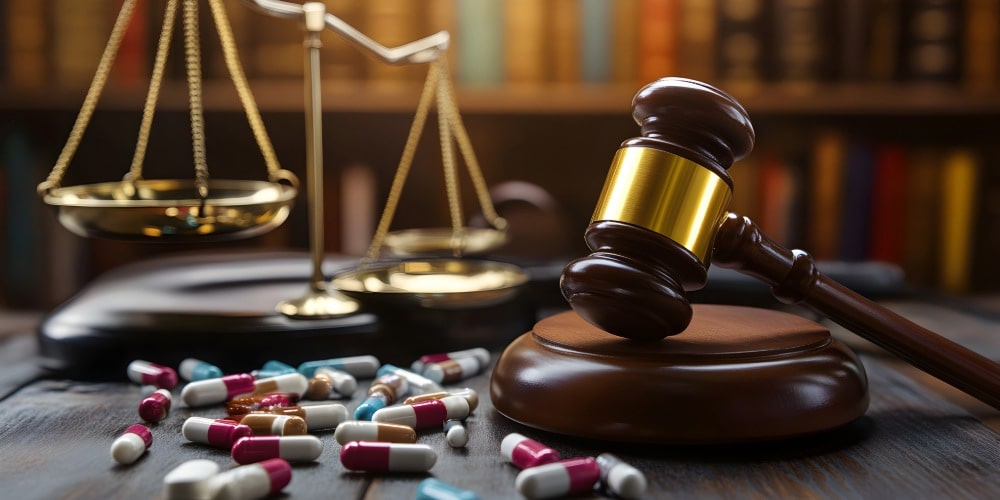
If you are convicted of a drug crime in Maine, your sentence will depend on four main factors: the type of drug involved (classified into four schedules), the amount of[...]

Any criminal charge for a drug-related offense is a serious matter in Maine,but how consequential the outcomes can get may depend on whether the charge is filed at the state[...]
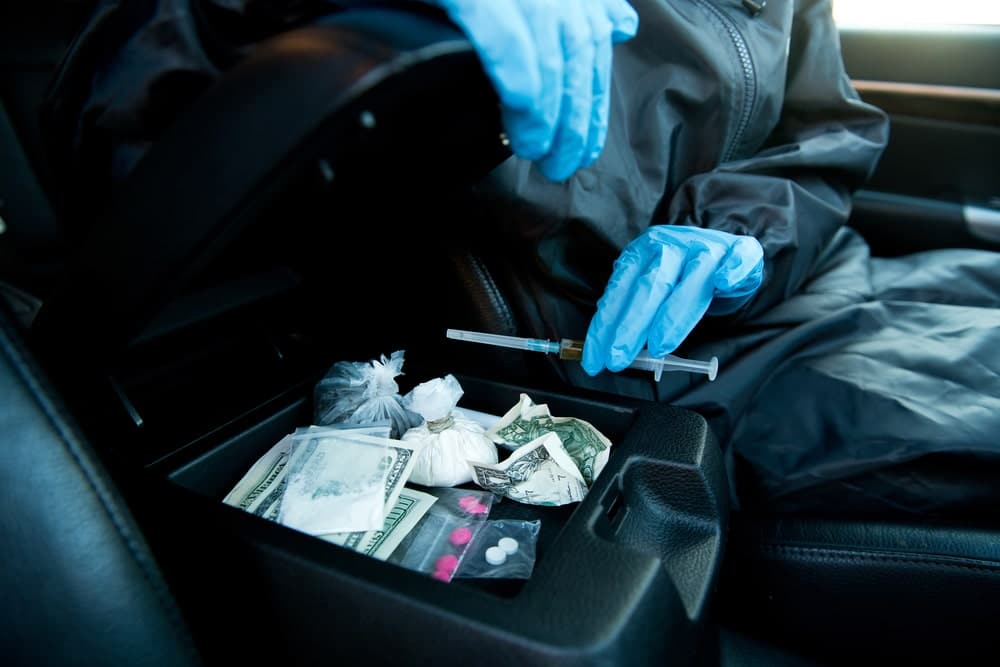
Search and seizure rules are enshrined in the U.S. Constitution and are intended to discourage the government (and law enforcement officials) from overstepping their powers and invading people’s privacy. They[...]
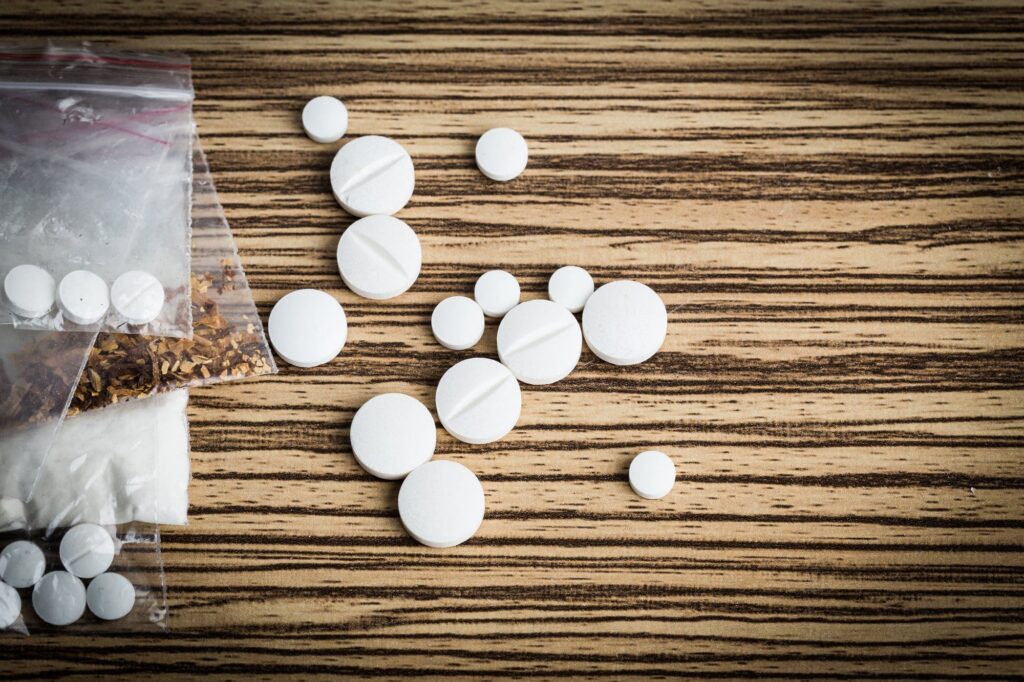
When most people think of drug crime classifications, they automatically assume it references the worst types of drugs (heroin, cocaine, LSD, etc.). But the word “drugs” also includes lots of[...]
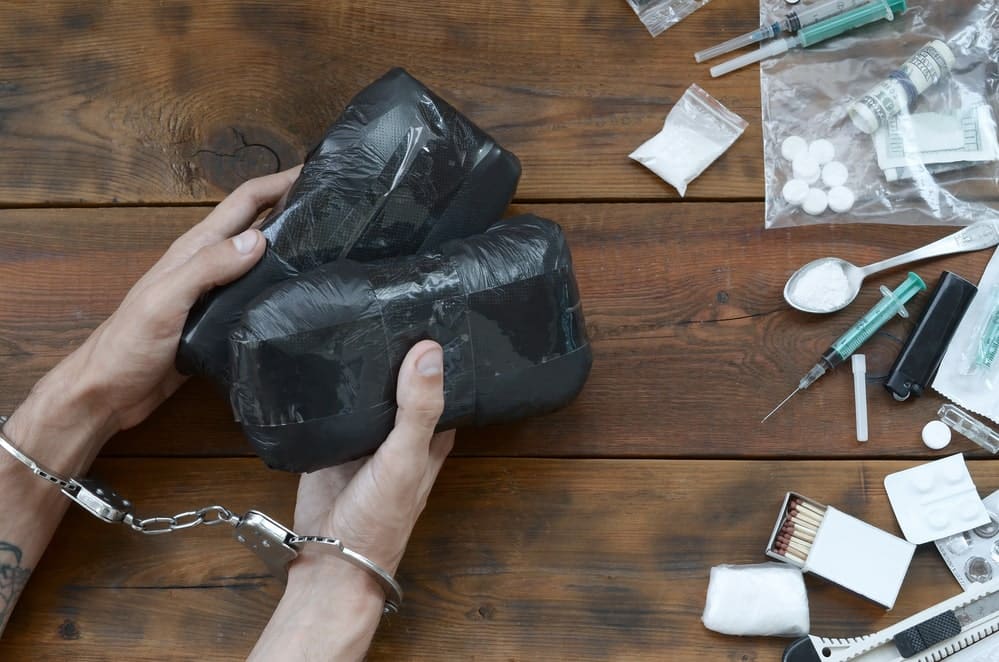
In this post, we will survey Maine’s laws on the possession and trafficking of “scheduled drugs,” and then discuss the classification and possible punishments for drug related crimes. Drug crimes[...]
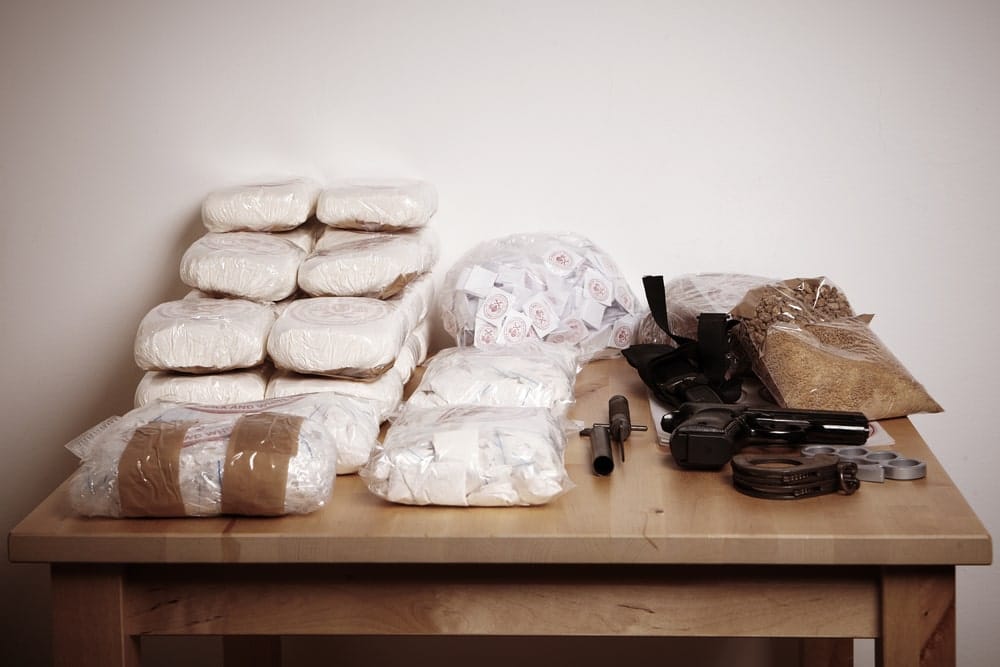
When people hear the term “drug trafficking,” they tend to think of organized crime. Many Hollywood films feature stories of drug cartels, or mafia drug trafficking involving millions of dollars[...]
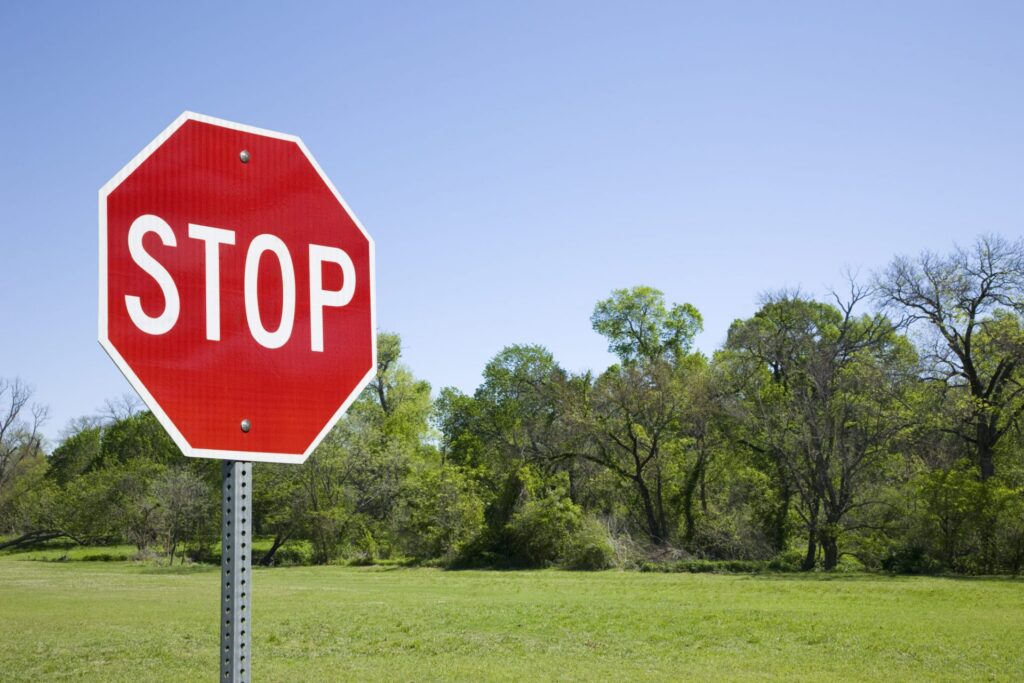
A recent traffic stop in Maine bears a sharp resemblance to a traffic stop that the Supreme Court of the United States had decided was a violation of the Fourth[...]
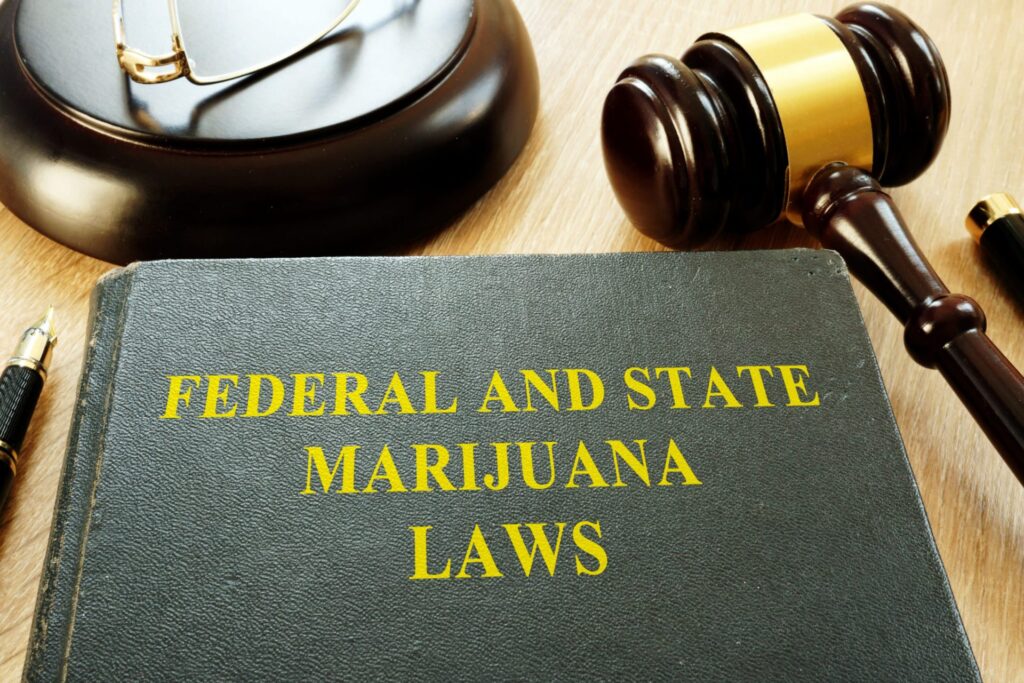
One of the most polarized and confusing aspects of the American criminal justice system today has to do with marijuana. In the past 20 years alone, 28 states in the[...]
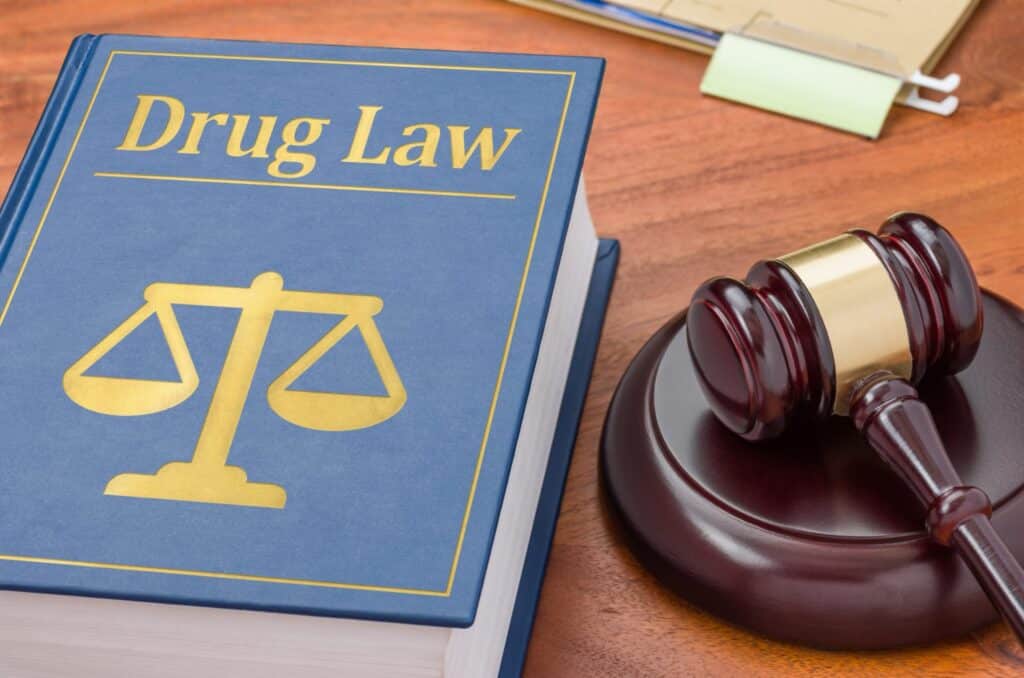
While policy decisions from the White House have been vague or difficult to follow, the new statement on the enforcement of federal drug laws is pretty clear: The Department of[...]
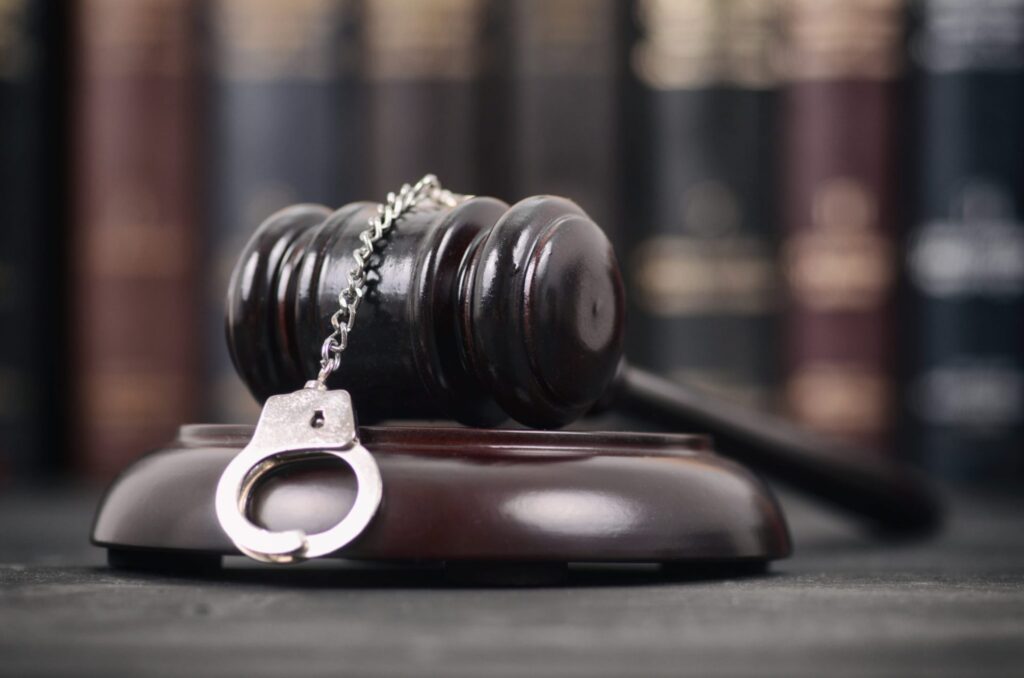
Out of all of the cabinet appointments that president-elect Donald Trump has made, none is more important to the freedom of the people of Maine than that of Senator Jeff[...]
Drug Trafficking FAQ
What are Maine’s “mandatory minimums”?
“Mandatory minimums” are minimum prison sentences for certain crimes, including aggravated drug trafficking. If you are subject to a mandatory minimum, the judge cannot sentence you to any lesser prison term unless the “safety valve” applies. The mandatory minimum for a Class A crime, for example, is four years (the maximum is 30 years).
What is “aggravated” drug trafficking?
An offense is “aggravated” when circumstances render the offense more serious than it otherwise would have been. In Maine, aggravated drug trafficking can trigger mandatory minimum sentencing or “step-up” the category of the offense (from Class A to Class B, for example).
What factors are considered “aggravating”?
A Maine drug trafficking offense can be aggravated if:
- You are found with minimum amounts of certain types of drugs (6 or more grams of heroin triggers Maine’s Class A mandatory minimum, for example)
- You have a prior drug trafficking conviction
- You are caught in proximity to a school or other “safe zone” (even if no students were involved in the transaction)
- Other aggravating factors (possession of a gun in connection with drug trafficking, for example)
What is the Maine “safety valve”?
The Maine statutory safety valve allows you to be sentenced to less than the mandatory minimum, despite your eligibility for it, under certain circumstances. An example would be a case where imposing a mandatory minimum sentence would result in “substantial injustice.”
What is the entrapment defense?
The entrapment defense applies at both the state and federal levels and, if successful, results in a complete acquittal. Entrapment is present if the police goad you into committing a crime that you were not otherwise inclined to commit. Drug purchase “sting” operations, if properly executed, do not normally constitute entrapment.
What is the exclusionary rule?
The exclusionary rule is based on the U.S. Constitution, and it applies to both state and federal prosecutions. It allows the defense to exclude any evidence that was seized illegally (without probable cause, for example). If the excluded evidence is important enough to the prosecution, charges might be dropped.
What are some other defenses against a drug trafficking charge?
Other than entrapment and the exclusionary rule, some of the most commonly used defenses against drug trafficking charges include:
- The drugs belonged to someone else or cannot be identified as yours (they were found in an apartment you share with roommates, for example);
- The substance you were caught with was not actually an illegal drug and was harmless;
- The drugs went missing after they were seized due to police incompetence.
Many more defenses might be available, depending on the facts of your particular case.
How does a plea bargain work?
In a plea bargain, you agree to plead guilty to a lesser offense such as drug possession, thereby avoiding a trial. In return, the prosecutor agrees to recommend that the judge accept your plea and drop the drug trafficking charge. Although the judge is not required to accept the plea, he or she usually does.
What are the biggest mistakes I can make in a drug trafficking prosecution?
There are too many to count. Some of the most common are:
- Attempting to represent yourself (the most serious mistake by far),
- Hiring inexperienced, indifferent, or incompetent counsel to represent you,
- Confessing,
- Speaking freely to the police (even if you are innocent),
- Waiting too long to retain a lawyer.
Can the police search my car or my home without a warrant?
They can do so legally if one of the many exceptions to the warrant rule applies. An exception would probably apply, for example, if drugs were seized from you while you were attempting to flush them down the toilet. A lot depends on where the search occurred – as the police are much more likely to need a warrant to search your home than to search your car.
Penalties for aggravated trafficking in drugs in Maine (Video)
Call 207-571-8146 or contact us online to schedule a consult with one of our highly skilled criminal defense & OUI lawyers, serving Southern Maine, today.
